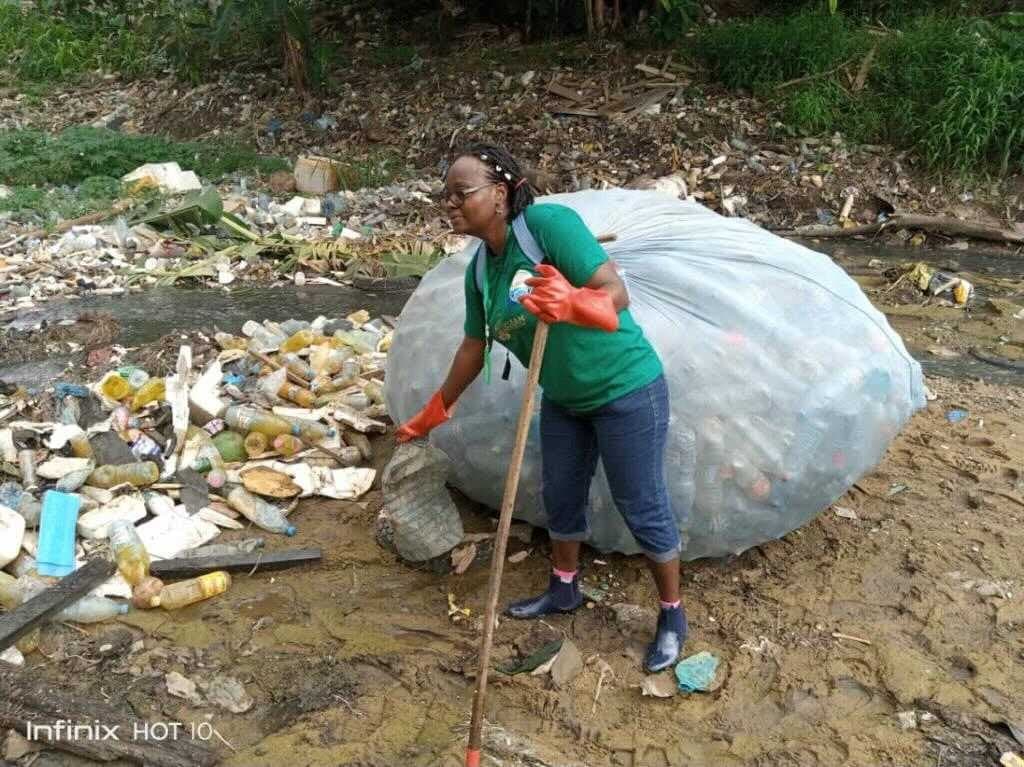We're loading the full news article for you. This includes the article content, images, author information, and related articles.
A two-kilometre open sewer trench in Maragua town, Murang'a County, is creating a severe public health crisis, exposing thousands of residents to toxic gases and waterborne diseases while officials trade blame over a collapsed sanitation system.

For the nearly 11,000 daily residents of Maragua town in Murang'a County, the onset of rain brings not relief, but a wave of fear. A two-kilometre open sewer, overflowing with raw waste, cuts through the town, emitting a toxic cocktail of gases and threatening to spill its contents into homes and businesses. This long-standing environmental disaster has become a focal point of a public health crisis that residents say is “killing us slowly,” according to Omar Maluki, coordinator of the Maragua Residents and Business Community Association.
The population, which swells to over 20,000 on market days, is served by a sewerage system that has effectively collapsed. Environmental assessments, confirmed by Maragua Assistant County Commissioner Joshua Okello on Friday, November 21, 2025, have identified the presence of hazardous gases including hydrogen sulfide, methane, and ammonia emanating from the trench. These substances are linked to a range of health issues, from respiratory problems and eye irritation to more chronic conditions like asthma, which have been increasingly reported by the local community.
The Murang'a County Health Department has documented a significant problem with malaria and other waterborne diseases in Maragua, a situation that Dr. Stephen Ngigi, the county deputy director of medical services, states is severely aggravated by flooding from the trench during rainy seasons. The Maragua Level Four hospital braces for a surge in patients every time it rains, a predictable consequence of the widespread contamination.
Beyond the immediate health risks from pathogens and toxic fumes, the open sewer presents a physical danger. Murang'a South Deputy County Commissioner Bernard Odinoh has acknowledged the trench as a major security issue and a fatal hazard, noting that it has “swallowed human lives” in the past. The situation is made more acute by the presence of two private schools, Precious and Rurago academies with a combined student population of 1,800, located near the trench.
Frustrated residents point fingers at the Murang'a South Water and Sanitation Company (Muwasco) for what they term “dereliction of duty” in failing to maintain a functional sewerage system. However, the issue appears more complex. Gathoni Nyagah, a former managing director at the utility, cited land grabbing along the sewer's designated right of way as a major obstacle to repairs and upgrades. This administrative and legal paralysis has left the community in a prolonged state of environmental distress.
The crisis stands in stark contrast to the county's development ambitions. The polluted trench runs near the site of Governor Irungu Kang'ata's 'smart city' project, an initiative recently lauded at the Smart Cities Forum Awards 2025. This irony is not lost on residents like 82-year-old Samson Ndung'u, who questioned how the town could be considered 'smart' with such a glaring landmark of neglect.
Maragua's sanitation problems are not new. In October 2021, residents issued an ultimatum to the county government over the open dumping of biomedical waste, including infectious materials and human tissue, from hospitals across Murang'a. This history highlights a systemic challenge in waste management within the county.
While the immediate crisis festers, long-term solutions are reportedly in motion. In April 2025, the national government handed over the Gikono Waste Management Facility, a 50-acre sanitary landfill in Maragua Constituency, to the county government. This facility is only the second of its kind in Sub-Saharan Africa and is intended to provide a modern solution for solid waste. Additionally, a project financed by the African Development Bank aims to establish a comprehensive wastewater collection system and construct a new sewage treatment plant for Maragua. The National Environment Management Authority (NEMA) is the principal government body responsible for enforcing environmental regulations and has policies for managing such incidents, though its direct intervention in this ongoing crisis has not been detailed.
For the residents of Maragua, however, these future plans offer little comfort as they continue to live with the daily reality of a toxic and hazardous environment. The community's plea for immediate action underscores the urgent need for local and national authorities to bridge the gap between long-term development goals and the pressing public health emergencies of today. FURTHER INVESTIGATION REQUIRED.
Keep the conversation in one place—threads here stay linked to the story and in the forums.
Sign in to start a discussion
Start a conversation about this story and keep it linked here.
Other hot threads
E-sports and Gaming Community in Kenya
Active 9 months ago
The Role of Technology in Modern Agriculture (AgriTech)
Active 9 months ago
Popular Recreational Activities Across Counties
Active 9 months ago
Investing in Youth Sports Development Programs
Active 9 months ago
Key figures and persons of interest featured in this article